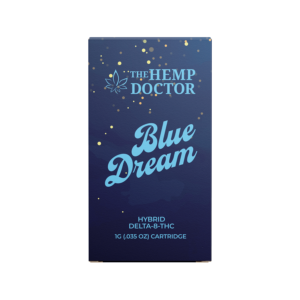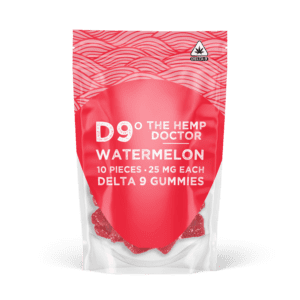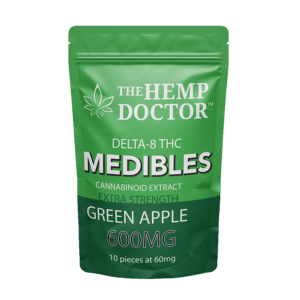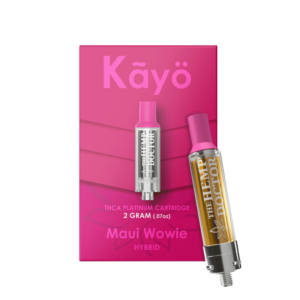A quarter of weed or 7.0874 grams of bud costs about $50 to $100 in the US. The specific price varies per region, state, season and year.
Understanding the cost of cannabis can be a bit confusing, especially with so many different measurements and terminologies involved. Whether you’re a novice or a seasoned user, knowing how much a quarter of weed costs can help you make informed decisions.
In this blog, we’ll break down everything you need to know about the price of a quarter of weed.
What is a Quarter of Weed?
A “quarter” or a “quad” is a common measurement in the cannabis industry, referring to a quarter of an ounce of weed. This usually equates to about 7 grams and is a popular choice for regular users who want to buy in bulk without committing to a full ounce.
Having a quarter of weed offers a great balance between quantity and value, especially when you consider that an eighth, which is half of a quarter, provides less for just a slightly smaller cost.
Not only does it offer convenience, but it also saves money in the long run by reducing the frequency of purchases. This makes it an optimal choice for both recreational users and those who use cannabis for medicinal purposes.
In terms of its appearance, a quarter of weed can vary significantly depending on the density and size of the buds. Some cannabis may come in large, dense nugs that take up little space, while others might be fluffier and bulkier, giving the impression that you have more than you really do.
When you purchase a quarter, it might appear differently based on how the cannabis has been grown and processed, which is why visual size isn’t always an accurate indicator of quantity. It’s always best to use a scale to ensure you’re getting what you paid for.
Cannabis users often find that knowing the standard weights helps them make more informed purchasing decisions. For instance, one might choose a quarter over a gram or eighth if they consume regularly or if the strain in question is on sale.
It’s important to remember that a quarter of weed is not just a measure of weight, but also a consideration of personal usage and budgeting strategies.
What are the Factors Influencing Cannabis Price?
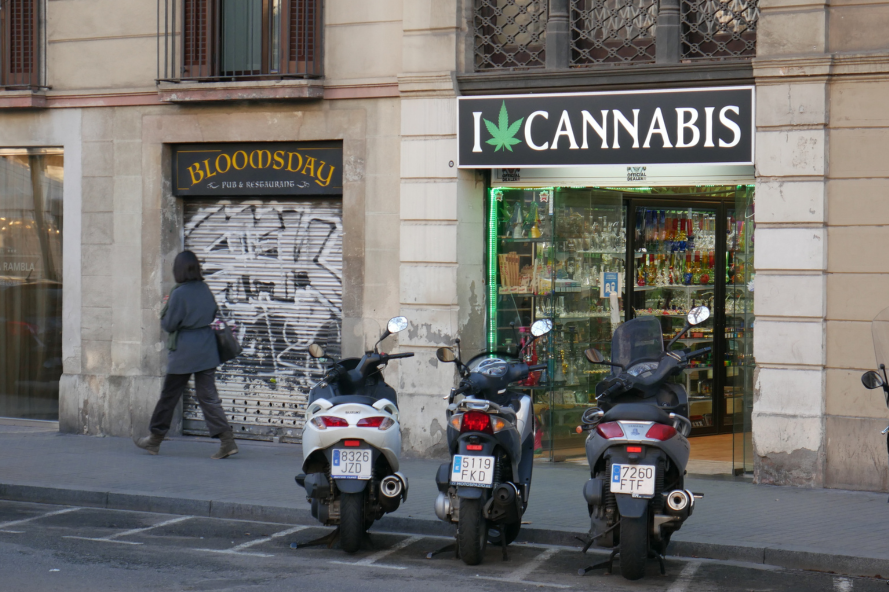
Several factors affect the cost of a quarter of weed. These include quality and strain, geographic location, and whether you’re purchasing from a legal dispensary or another source. Let’s explore these factors a little more in depth to understand their impact on pricing.
Quality and Strain Type
First, the quality and strain of cannabis significantly affect its price. Premium strains known for their higher potency or unique flavors are likely to cost more. Strains with high levels of THC, which contribute to the psychoactive effects, or those with distinctive aroma profiles tend to carry a higher price tag.
Location
Geographic location also influences the cost of a quarter. States with legalized recreational cannabis often have more competitive pricing due to the presence of multiple dispensaries.
In states where it’s illegal, the black market price can surge, reflecting the risks and scarcity associated with sourcing. Even within legal states, the cost can vary depending on the urban or rural nature of the area and the local economy.
Retail Source
Dispensaries versus other sources are yet another facet to consider. In places like Oregon, thanks to an overabundance of supply, cannabis often hits the shelves at significantly reduced prices during the harvest season.
Legal dispensaries are subject to regulatory pricing, taxes, and quality assurances that illicit sources are not, often resulting in higher retail prices. However, they offer a safer and more reliable purchase option, which might be more appealing for consumers seeking quality and assurance.
Dispensary vs. Street Prices
Buying cannabis from a legal dispensary often means a higher price due to regulation and taxation. On the other hand, street prices can vary greatly with potential risks involved. We’ll discuss the different price ranges you might encounter in both situations.
Dispensary-Sourced Weed
When you purchase from a dispensary, you are paying for regulated quality and safety, which can justify higher prices. Dispensaries provide tested cannabis with verified cannabinoid content, ensuring what you consume is consistent with your expectations.
They also offer a variety of strains, allowing you to select based on personal preference or need, be it potent sativas or calming indicas.
Street-Sourced Weed
Street purchases, while occasionally cheaper, entail considerable downsides. The illegal status of street sales brings risks including the potential for contaminated products, incorrect weights, and unreliable strain information.
Additionally, street prices might also reflect black market dynamics, such as scarcity or high demand, leading to unpredictable pricing. During police crackdowns, for instance, prices can spike due to fear of limited availability.
In places where dispensaries are accessible, people often gravitate towards them despite higher costs, due to the security and legality they offer.
Certain regions offer pricing strategies such as bulk discounts or membership deals, allowing consumers to save money over time. You’ll often find stores packed with options ranging from artisan strains to budget-friendly selections.
Whether you value peace of mind over cost-effectiveness, understanding these price differentials can help guide your choice.
How Much is a Quarter of Weed Per State In Average?
This table shows the approximate cost of a quarter of weed in states where recreational and/or medicinal marijuana are legally sold. This is not exact cost per state. Prices vary by city, brand, and can rise and fall anytime.
| State | Average Price Per Quarter of Weed |
| Alabama | $60 |
| Alaska | $75.76 |
| Arizona | $57.93 |
| Arkansas | $58.16 |
| California | $62.50 |
| Colorado | $49.97 |
| Connecticut | $70.24 |
| Delaware | $65.48 |
| Florida | $56.45 |
| Georgia | $65.00 |
| Hawaii | $66.45 |
| Idaho | $70.00 |
| Illinois | $74.24 |
| Indiana | $60.00 |
| Iowa | $65.00 |
| Kansas | $60.00 |
| Kentucky | $65.00 |
| Louisiana | $66.67 |
| Maine | $58.84 |
| Maryland | $70.73 |
| Massachusetts | $71.24 |
| Michigan | $68.15 |
| Minnesota | $69.94 |
| Mississippi | $71.00 |
| Missouri | $55.00 |
| Montana | $60.83 |
| Nebraska | $60.00 |
| Nevada | $58.62 |
| New Hampshire | $74.46 |
| New Jersey | $74.73 |
| New Mexico | $56.94 |
| New York | $67.72 |
| North Carolina | $65.00 |
| North Dakota | $82.06 |
| Ohio | $58.23 |
| Oklahoma | $50.00 |
| Oregon | $46.57 |
| Pennsylvania | $70.21 |
| Rhode Island | $63.80 |
| South Carolina | $65.00 |
| South Dakota | $69.05 |
| Tennessee | $65.00 |
| Texas | $65.00 |
| Utah | $83.33 |
| Vermont | $75.47 |
| Virginia | $77.00 |
| Washington | $47.67 |
| West Virginia | $63.02 |
| Wisconsin | $60.00 |
| Wyoming | $65.00 |
Legal Implications
In areas where cannabis is legal, purchasing a quarter is simple and straightforward. However, buying from illegal sources can come with significant legal risks, depending on local laws and regulations.
While legal purchases provide transparency and consumer protection, opting for illegal sources might result in fines or more severe penalties. Understanding the legal landscape is crucial before engaging in cannabis purchases.
Legal dispensaries offer reliable access to cannabis, where purchases are supported by consumer rights and protections, including return policies for faulty products. Contrastingly, illicit sources lack these safeguards, and any issues encountered like poor quality or shortage of product could leave you without recourse. Awareness of state-specific regulations, which dictate how much an individual can legally purchase and possess, helps prevent accidental infractions.
In regions without legal dispensaries, the acquisition of cannabis often occurs within gray or black markets, heightening the risk of purchasing untested products or facing legal consequences.
Consequently, public opinion and advocacy have played pivotal roles in pushing legislative change, aiming to create safe and regulated systems. For instance, as more states adopt legal frameworks, understanding local cannabis laws and changes becomes essential for users looking to avoid legal pitfalls.
Save More the Legal Way: Buy Bulk at The Hemp Doctor Wholesale
While cannabis prices swing depending on multiple factors, there’s one smart way to cut costs without sacrificing quality: bulk hemp from The Hemp Doctor Wholesale. Unlike marijuana, hemp-derived products with less than 0.3% Delta 9 THC are federally legal and can be shipped to most U.S. states without legal red tape.
Explore The Hemp Doctor Wholesale Catalog and make the switch from overpriced weed to affordable, compliant hemp today!
